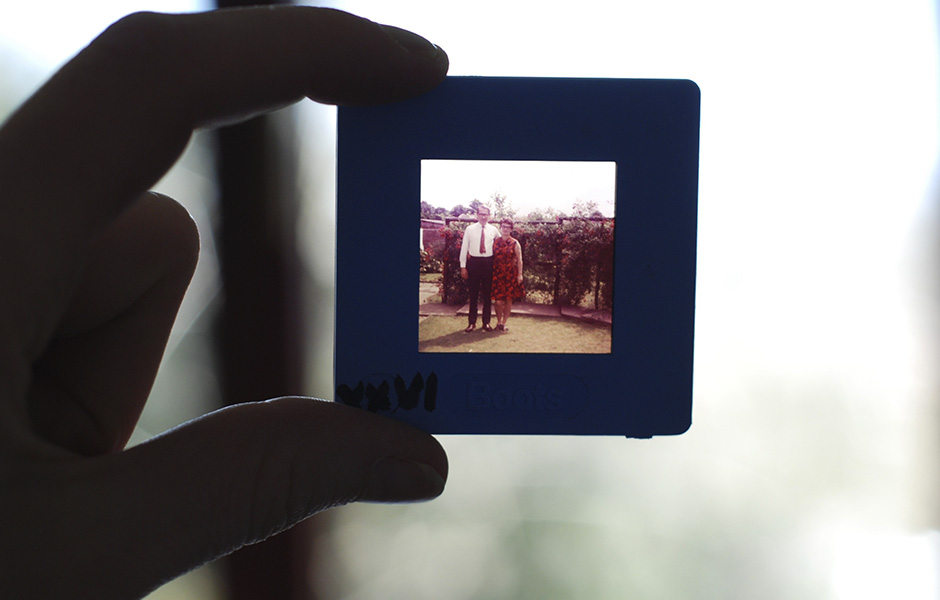A team counting with the participation of CINTESIS validated a program based on a psychoeducational approach that aims to provide informal caregivers with knowledge and skills to care for their relatives with dementia, thus contributing to reduce the stress and depression associated to this type of care.
According to the authors of an article published in Dementia, one of the most prestigious scientific journals in this field; the existance of programs oriented towards the caregivers of persons with dementia are essential in view of the increase in the number of people suffering from this problem and, consequently, in the number of new informal caregivers.
“Training family caregivers involves providing them with information and skills that enable them to provide better care to dementia patients in their daily lives. This program explores and trains a set of strategies that support the caregiver,” explain the researchers, among whom is Carlos Sequeira, principal investigator of the NursID group of CINTESIS, besides Lia Sousa of ICBAS and Carme Ferré-Grau of the University Rovira i Virgili, in Tarragona, Spain.
The program is designed to be applied in different settings, including at home and in the hospital. It consists of seven individual sessions per week and two group sessions over a period of seven weeks, covering aspects such as communication, demands and expectations, problem-solving strategies, importance of the caregiver’s physical and mental health, and resources available in the community.
The researchers hope that this program will become an “important tool for health professionals who see family caregivers of dementia patients”.
The World Health Organization believes that dementia is a real public health problem. According to The Global Voice on Dementia, the concept of dementia encompasses progressive syndromes that affect the brain. Symptoms include memory loss, difficulty in understanding what others say or in making themselves understood, difficulty performing routine tasks, and changes in behavior. The most known form of dementia is Alzheimer’s disease, which contributes to about 60% of the cases. It is estimated that 47.5 million people currently live with dementia, which can reach 75.6 million by 2030.

